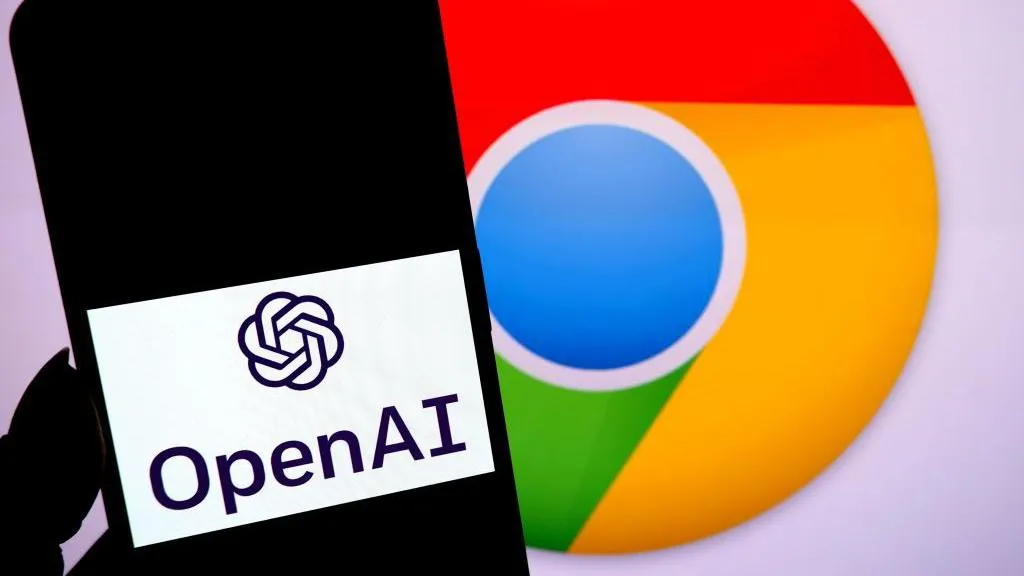
In a stunning turn of events, OpenAI, the powerhouse behind ChatGPT, has expressed interest in acquiring Google Chrome if the tech giant is forced to relinquish control amidst ongoing antitrust scrutiny. During a high-stakes monopoly trial, OpenAI executive Nick Turley testified on behalf of the US government, advocating for the breakup of Google due to its overwhelming dominance in the online search market.
Google, however, vehemently opposes the proposed split, asserting that Chrome is not on the table and demanding the dismissal of the antitrust lawsuit. Chrome currently commands an estimated 64% of the online browser market share, dwarfing Apple’s Safari, which holds 21%.
Turley’s testimony in Washington D.C. marks the latest chapter in the Department of Justice’s (DOJ) crusade against big tech monopolies spanning social media, internet search, and AI. Google was previously found to have a monopoly in both online search and online advertising technology, decisions the company plans to appeal.
As the trial delves into potential remedies to curb Google’s search dominance, the rise of generative AI services like ChatGPT has reshaped the landscape. OpenAI reportedly offered Google a deal to integrate Google search results into ChatGPT, an offer that was allegedly rejected. “We have no partnership with Google today,” Turley stated, highlighting OpenAI’s existing partnership with Microsoft, the force behind Bing and Edge.
Meanwhile, Google is pushing forward with its own suite of AI products, including Gemini, a direct rival to ChatGPT. As the trial unfolds, tech giants like Meta, Amazon, and Apple are closely monitoring the proceedings, bracing for potential monopoly lawsuits of their own. In a separate development, OpenAI is reportedly exploring the creation of its own social network, potentially setting the stage for a showdown with Elon Musk’s X. The project is in its early stages, but sources say OpenAI CEO Sam Altman is actively seeking feedback on a potential X competitor.